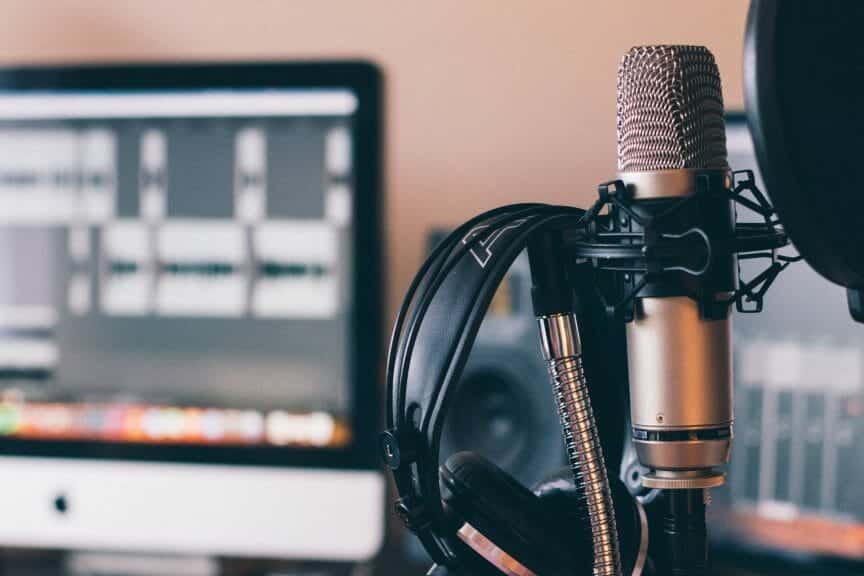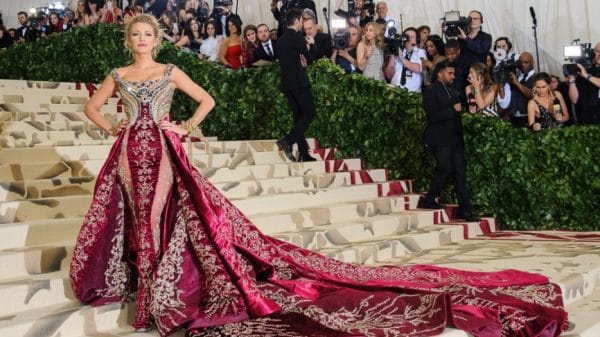Once upon a time, podcasts were used to share new and niche information. They ranged from self-care manuals to marine biology crash courses, from food reviews to murder mystery unravellings. In recent years, this fairytale age of podcasts has been overthrown.
Podcasts were once pots of educational gold – now they are dominated by retired YouTubers and ex-politicians spewing recycled, misinformed misogyny like broken records. As these podcasts flourish, misinformation on social media becomes an epidemic – brainwashing audiences to a dangerous extent.
Podcast popularity
Just a decade ago, the concept of podcasts was almost completely unknown. Now in 2023, Exploding Topics estimates that two-thirds of Americans have listened to a podcast. Out of regular listeners, half are the younger generations. On the surface, there’s nothing so unreasonable about the youth turning to podcasts for information: podcasts are accessible from any device and only require a listening ear.
This way, podcasts have become the young generation’s all-in-one entertainment, music, and news. But here’s the issue: podcasts are unregulated and non-professional. Anyone can grab a mic and declare that mankind never went to the moon.
According to Brookings, one in ten podcast episodes contain possibly false information. Despite requiring no third-party fact-checking, podcasts are increasingly being viewed as an alternative to official news outlets. In an era where many have come to question the authority and bias of news organizations, some people even view podcasts as a superior, more trustworthy source. As the young generation swaps news outlets for podcasts, they are potentially swapping facts for fiction.
The Joe Rogan Effect
Steadily, podcasts have morphed from their informative origins into weapons for spreading misinformation. Compared to traditional news, the podcast appeal is amplified by the fact that most podcast creators are regular people that listeners can relate to – boosted by some political background or other life experience that elevates their credibility. Young, impressionable audiences become enamored with podcast creators who intertwine misinformation and bigotry with down-to-earth content and comedic one-liners.
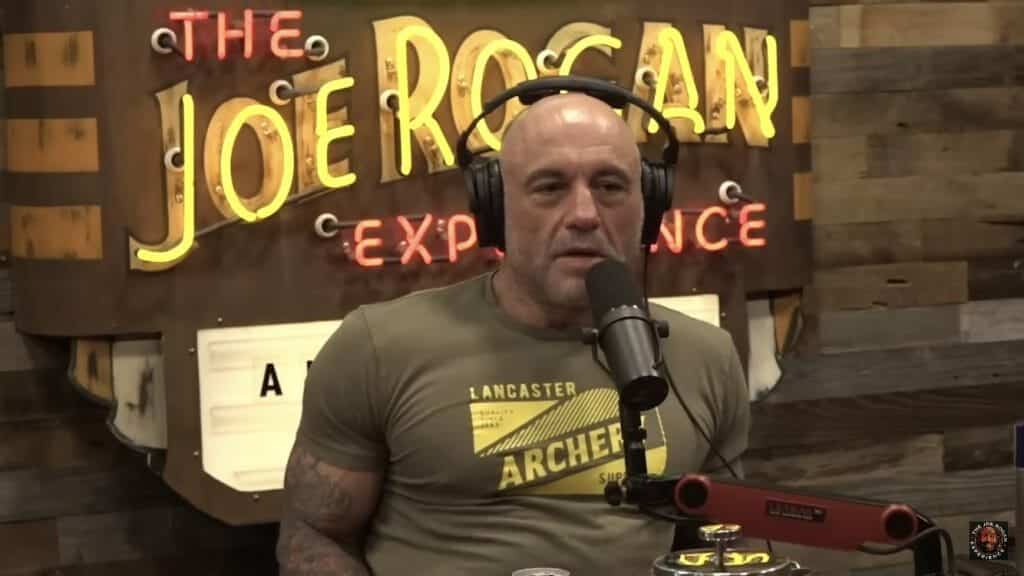
The founding father of this problematic podcast pipeline is Joe Rogan, who began his podcast in 2009. Since then, Rogan has been accused of racism, transphobia and sexism. In 2018, he compared the #MeToo Movement to a ‘witch hunt’.
In 2021, he wrongfully claimed that getting a vaccine was ‘essentially a gene therapy’. Despite his consistency in spreading harmful misinformation, The Joe Rogan Experience remains the most popular podcast on Spotify. The youth – particularly teenage boys – flock towards confident, male figures like Rogan and adhere to their every word. Seeing Rogan’s success, other influencers have followed suit over the years, oftentimes being deliberately controversial to garner online attention.
Most of these micro-influencers are only pining for attention via podcasts to cushion their pockets with extra cash – but the damage this is doling out on the young generation is becoming rapidly apparent.
The idolization of Andrew Tate
What effect are these problematic podcasts having on the young generation? Andrew Tate is the infamous example. The kickboxer-turned-influencer shifted to podcasts in 2022, amassing nearly five million followers on Instagram and having his content shared on TikTok millions of times. This content included his derogatory views on women, labeling them as the property of men and even suggesting that women who have been victims of rape should ‘bear some responsibility’.
Tate has since been charged with rape and human trafficking in Romania. Despite Tate’s heinous and violent displays of misogyny, The Independent confirmed that a quarter of men in the UK still agree with his views on women. Even though his content has been banned across social media, pockets of unwavering support for the criminal can still be found on Twitter, Reddit, and TikTok.
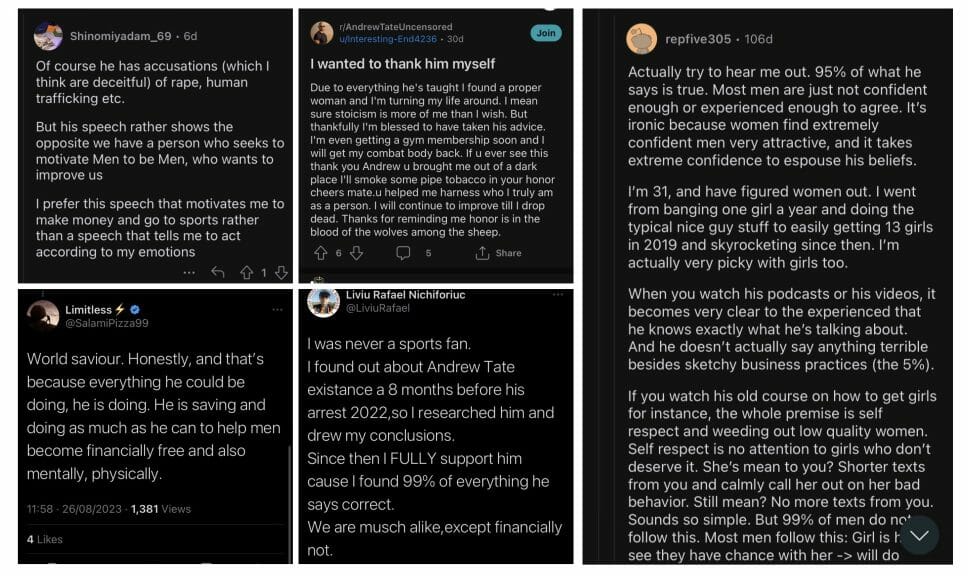
Tate’s army
How has Andrew Tate managed to retain an online army of support despite the charges against him? Although blatant misogyny may be his main selling point, Tate is also regarded as an inspirational figure for young men. In many podcasts, he calls for men to become ‘alphas’ – to take ownership over their lives and start hustling to become capitalist machines (for instance, by buying luminous-colored sports cars and yelling indecencies at women from across the street). This is where Tate takes a step above Joe Rogan in the youth-indoctrinating podcast campaign. He isn’t just a podcast creator – he’s an idol.

Tate’s alpha male propaganda carves him out as a role model for his impressionable audience – teenage boys who are anxious about life and angry that girls don’t want to date them. ‘Andrew Tate’ becomes their vision of the future, the pinnacle of masculinity (masculinity score here being calculated by insulting women, how frequently you wear sunglasses inside, and general baldness). And so, in absorbing Tate’s speeches, his young male audience reaches a single conclusion: masculine success goes hand-in-hand with raging misogyny.
The Fresh and Fit Revolution
Even with Andrew Tate banned on every platform, the growing popularity of problematic podcasts powered on. The demand for Andrew Tate clones was high. Tate’s success opened an entire market for other controversial creators. Podcasts catered towards helping men build masculinity and sexual prowess rose to digital prominence. Videos like these quickly began to litter throughout social media.
@mano_world2 Equality between men and women #freshandfitpodcast #redpilltiktok? #feminist #women #men #equality #whateverpodcast ♬ original sound – MANOWORLD
@moderndelusional #freshandfit #freshandfitpodcast #freshandfitmiami #myrongaines #relationship ♬ Superhero (Heroes & Villains) – Instrumental – Metro Boomin
Fresh and Fit is arguably the most notorious in this plague of newly popular podcasts. Founded by Myron Gaines in 2020, the podcast is dedicated to spewing sexism every week (on ‘Womaniser Wednesdays’, they are committed to ‘understanding female nature’). Alongside all the other patriarchally-charged podcasts, Fresh and Fit hit its peak in 2022 when Andrew Tate made misogyny popular again. However, Fresh and Fit is pretty revolutionary in how it showcases its sexism. While Tate, Rogan and the like sit and ridicule women in the safety of a private studio – usually with just another man for moral support – Fresh and Fit often bring groups of women onto their podcasts.
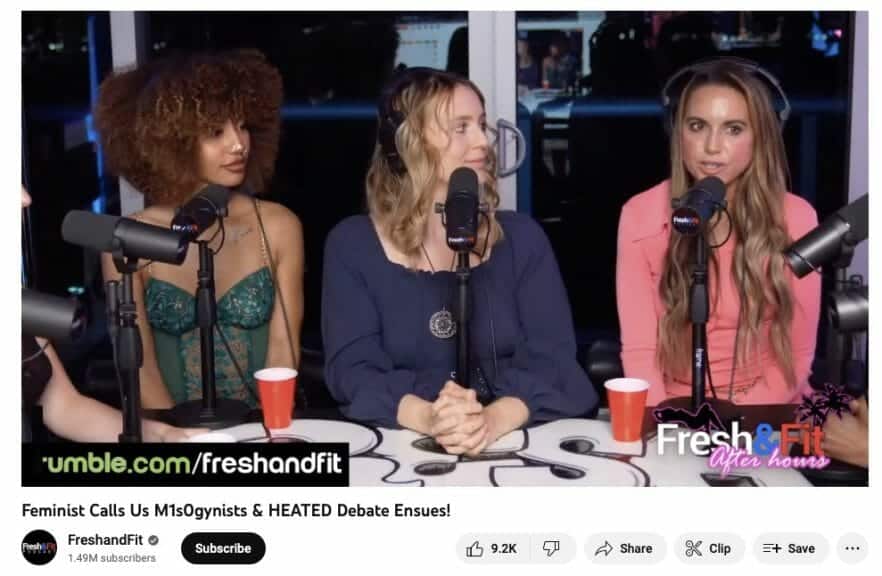
This way, Fresh and Fit can bring objectification to the next level. Women brought onto the show as guests are shouted at, sexualised and scorned for their lifestyles. The podcast becomes a battle arena – one where the women are predestined for defeat. The female guests are not invited to the show to dive into debate and discourse as their titles advertise. Women are permitted on the podcast with the single intention to be mocked, so that male dominance can be asserted. For a podcast aiming to help men, the focus is on degrading women – teaching viewers that peak masculinity relies on the belittlement of women.
Fighting back
Thankfully, not everyone on the internet has been captivated by this surplus of sexism. This new wave of podcasts has received backlash for its outpouring of misogyny – and it’s also been riotously mocked. Many women have taken to TikTok, making parodies of these podcasts to highlight the absurdity of them.
@thisisjenae ♬ original sound – jenae
There’s still a long way to go
Despite this backlash – half outraged, half-humorous – these types of podcasts are only increasing in popularity. Young men and even some women continue to praise these podcasts for their celebration of misogyny and egotistical men. Some women have even joined the dark side, most notably Hannah ‘Pearl’ Davis, an anti-feminist YouTuber. With nearly two million subscribers, Pearl sits alongside her misogynistic male peers in the podcast industry, denouncing ‘modern’ women and glorifying the patriarchy. Echoing Andrew Tate, her content has been consistently banned on TikTok – but as exemplified by Tate, this online celebration of misogyny will easily find a new figurehead as long as the digital audience demands it.


